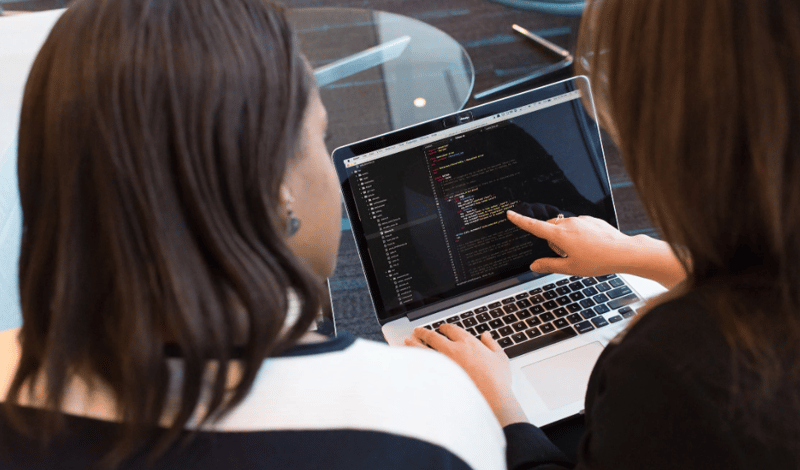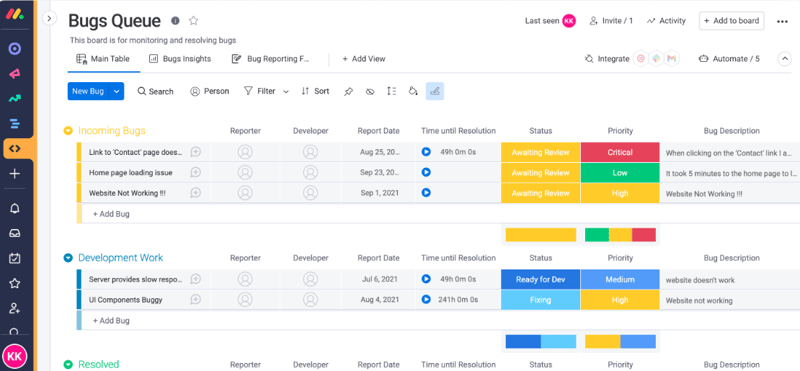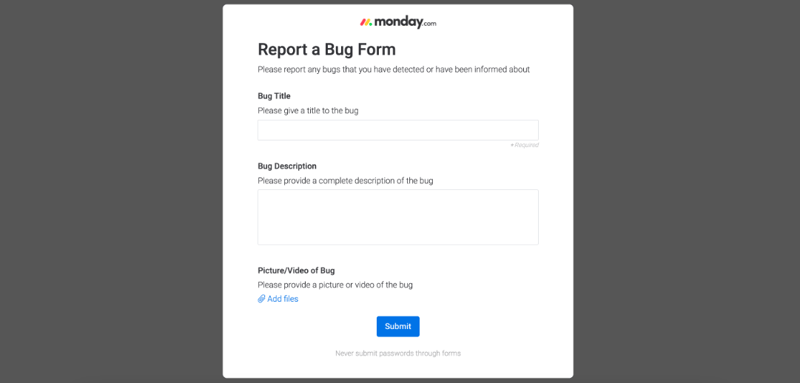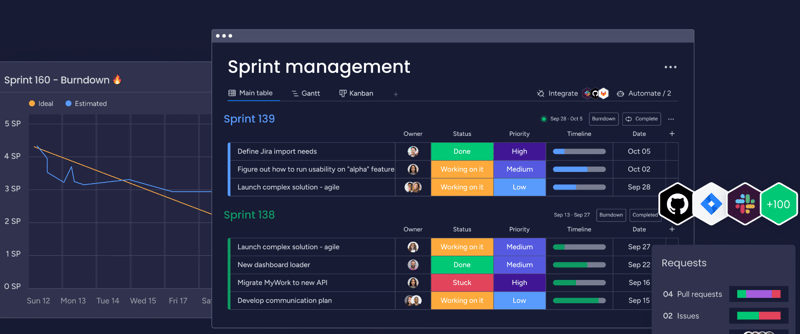Best Practices & Tools for Code Reviews: A Comprehensive Guide

Brandon Foster
Posted on December 19, 2023


Throughout my career as a software engineer, I've faced many ups and downs in coding. One of the things that's stood out for me is how tricky code reviews are.
At first, I was pretty nervous about showing my code to others. But now, I'm the one giving feedback (wow, what a journey it's been!)
A lot of people think code reviews are just for finding bugs and errors or making the code run faster. But I think they're much more than that. I personally see code reviews as an opportunity for growth, collaboration, and continuous learning.
Code reviews are an essential part of the software development process because they:
- Serve as a critical quality control measure
- Ensure that errors are caught early
- Encourage collaboration and learning among team members
- Improve overall code quality
In this guide, I will share some pearls of wisdom that I have picked up from writing and reviewing codes over the years.
We will also discuss what best practices you should follow and the tools you can use to conduct effective reviews.
Just to give you a hint, some of the tools you can use to review codes are:
- Review Board
- Crucible
- GitHub
- Axolo
- Collaborator
- CodeScene
More importantly, you must also use a project management tool in addition to the dedicated code review tools. I find streamlining the code review process with project management tools extremely helpful, simply because they make collaboration among team members easier and save a lot of time and resources.
We use monday dev - a software development management tool specifically designed for dev teams by monday.com - to track and manage bug queues (as shown in the screenshot below).
A native 2-way integration with GitHub makes this super easy.
You can choose any other tool (Jira, Notion, you name it) but make sure it is suitable for software development processes (not a generic project management solution).
So, let’s get started!
Why Do Code Reviews Matter?
Code reviews enable developers to identify bugs or potential issues in their code before it is deployed. Similar to having a friend check your work before submitting it, code reviews offer another pair of eyes to spot mistakes that might go unnoticed otherwise.
Code reviews also facilitate knowledge sharing among team members by encouraging discussions about coding styles, best practices, and tips.
It provides an opportunity for junior developers to learn from more experienced colleagues while allowing senior developers to gain fresh perspectives.
Collaborative code review sessions enable teams to work together, come up with innovative solutions, and improve existing tools or automate processes more effectively than individual efforts.
Best Practices to Follow When Reviewing Code
These reviews not only improve the quality of the code being produced but also provide developers with opportunities to expand their knowledge base by exposing them to different coding styles, techniques, and problem-solving approaches.
Below are some best practices to follow when reviewing code:
- Deep dive: A successful review involves going beyond surface-level scrutiny by thoroughly examining the entire body of code, rather than just focusing on specific lines or sections. A study by the Cisco System programming team indicates that you shouldn’t review more than 200 to 400 lines of code (LOC) at a time because beyond that, the ability to find defects diminishes.
- Think big picture: Consider how the particular piece of code fits into the broader system architecture or project scope instead of solely addressing individual functions or features in isolation.
- Kind and helpful feedback: Provide feedback with empathy and respect while maintaining a constructive tone throughout the review process. Ask questions rather than make assumptions. This helps reviewers understand the context better without sounding accusatory. Suggest improvements to foster a supportive coaching environment.
- Know when to say yes/ask for changes: Prioritize critical issues and tackle them first. Non-essential or minor concerns should be addressed later in subsequent iterations. Reviewers must exercise discretion and balance between suggesting modifications and approving code that meets the required standards.
- Talk it out: Sometimes, discussing complex concepts or clarifying doubts through verbal communication can expedite problem-solving more efficiently than relying solely on written feedback.
- Focus on big issues: While attention to detail is important, it's important not to get overwhelmed by minor details that may not significantly impact the overall functionality or performance of the code. Prioritize addressing major issues and leave room for flexibility in less critical areas.
Creating a safe space where everyone feels comfortable participating in code reviews is essential for fostering healthy teamwork dynamics.
Companies must establish clear guidelines on respectful behavior during review sessions while promptly addressing any instances of bullying or unfair treatment that may arise.
Streamlining Your Code Reviews with monday dev
To facilitate effective code reviews, companies should invest in review tools that streamline the process and enhance productivity among team members.
These tools can range from version control systems with built-in review features to specialized software designed for collaborative reviewing.
As mentioned above, we use monday dev for collaboration as it offers features that can significantly enhance code review processes.
Here's how the tool can help:
- Bug queue management: It provides a structured board divided into groups based on the working status of each bug, enabling teams to track new, in-progress, and resolved bugs efficiently. The board can be customized with columns to detail various aspects of each bug and is enhanced with widgets for data visualization, aiding in effective bug management and prioritization.
- Sprint management: Teams can manage their entire sprint lifecycle, including the code review phase. This helps align code reviews with sprint goals and timelines. This ensures that reviews are timely and relevant.
- Git integration: This feature allows updates from Git repositories to be directly streamed into monday dev. This integration means code commits can be linked to specific tasks or projects, making it easier for reviewers to track changes and understand the context of the code they are reviewing.
- Documentation collaboration: With Docs for knowledge management, teams can collaboratively work on documentation. This is particularly useful for code reviews as it allows teams to maintain and refer to coding standards, guidelines, and best practices.
- Automation: By automating repetitive tasks, teams can streamline parts of the code review process. For example, automatic notifications can be set up for when code is ready for review or feedback has been provided.
- Visualization tools: With multiple ways to visualize work, such as Kanban and Gantt charts, teams can get a clear overview of the progress of code reviews within the larger project context. This helps in prioritizing reviews and managing workloads.
- Integration with other tools: monday dev’s ability to integrate with a wide array of tools (like GitHub, GitLab, JIRA) means that teams can connect their code repositories and project management tools seamlessly. This integration ensures a smooth workflow where code reviews can be tracked and managed alongside other development tasks.
All-in-all, monday dev aids in making code reviews more organized, timely, and aligned with overall project goals.
In Conclusion…
Code reviews are more than just checking off boxes on a checklist – they are opportunities for growth, learning, and collaboration – ultimately making us all better developers one line of code at a time.
By catching errors early, sharing knowledge, and building better tools together, code reviews contribute to the growth and success of both individual developers and the company as a whole.
It's important to constantly strive for improvement by seeking feedback from colleagues and incorporating their suggestions into your review process.
Additionally, embracing new coding techniques, tools, and methodologies can help make you a more effective reviewer.
Remember that the goal of code reviews is not just about finding faults, but collectively working towards creating better software for everyone involved.
What code review practices do you follow, and how have they impacted your work? Share your experiences in the comments below!

Posted on December 19, 2023
Join Our Newsletter. No Spam, Only the good stuff.
Sign up to receive the latest update from our blog.


